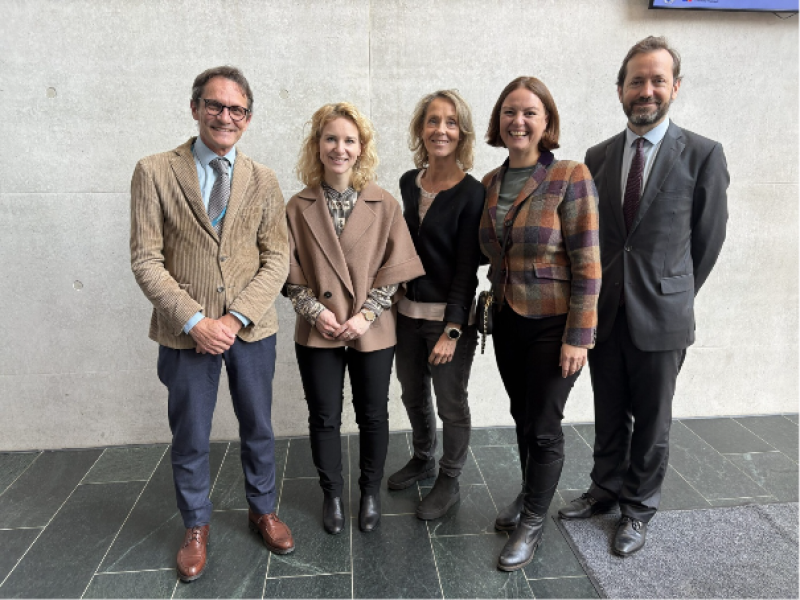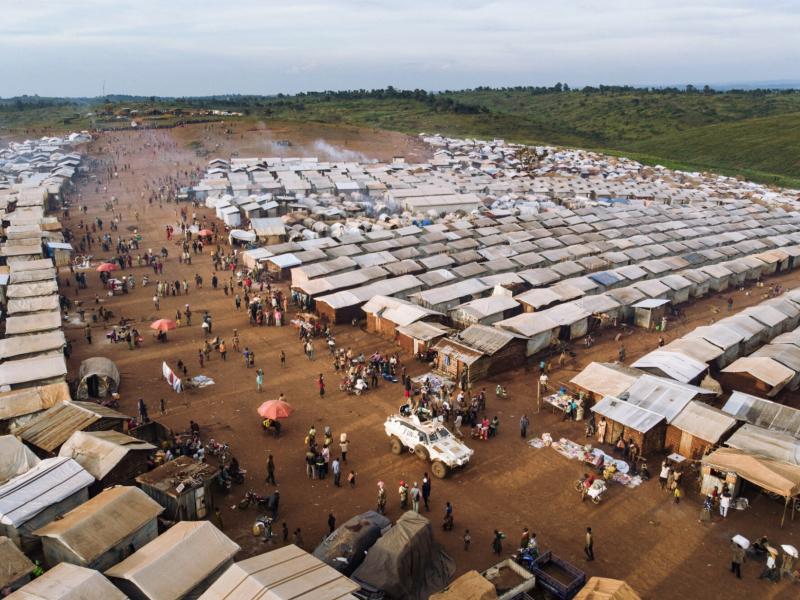The University of Salzburg has launched a cooperation with the International Green 2030 Foundation to increase scientific research into the consequences of climate change. The Foundation will grant 3 million euros, half of which has already been invested in specific projects. The aim is to develop scientific findings and transfer them directly into practice.

The consequences of climate change cannot be ignored any more. Extreme weather events such as heatwaves, floods and landslides are increasing in frequency and intensity. The rapidly rising temperatures are putting strain on organisms and entire ecosystems, which are increasingly disrupting natural environmental processes. These developments not only challenge science, but also affect us all directly.
Three central research focuses
Over the next three years, the scientists will conduct research on three essential areas:
- Biodiversity and ecosystem functions: How does climate change affect biodiversity and the functionality of ecosystems?
- Cryosphere and water resources: What effects does melting glaciers and permafrost have on water quality and availability?
- CO2 storage through vegetation succession: How can changes in vegetation contribute to increasing carbon storage?
The Alpine region is particularly affected by climate change effects and will be the focus of future research and teaching. The Foundation and University of Salzburg emphasise linking theory and practise.
The research results should not be confined to the realm of the scientific community, but should be translated into practical measures to strengthen resilience against the impacts of climate change, thus making the university a key player in the development of solutions for a sustainable future.
Latest highlights:
Sustainability, diversity and safety efforts not awarded with bonuses, UT study reveals
Romanian researchers discover a “graveyard of mammoths” in the Buzău Valley
Related news
-

University of Salzburg wins Internationalisation Award for Staff Mobility and Development
CIVIS Highlights
17 december 2025 -

Earth observation and geoinformatics empower humanitarian response
CIVIS Highlights
11 september 2025 -

University of Salzburg founds international Stefan Zweig centre
CIVIS Highlights
17 juni 2025